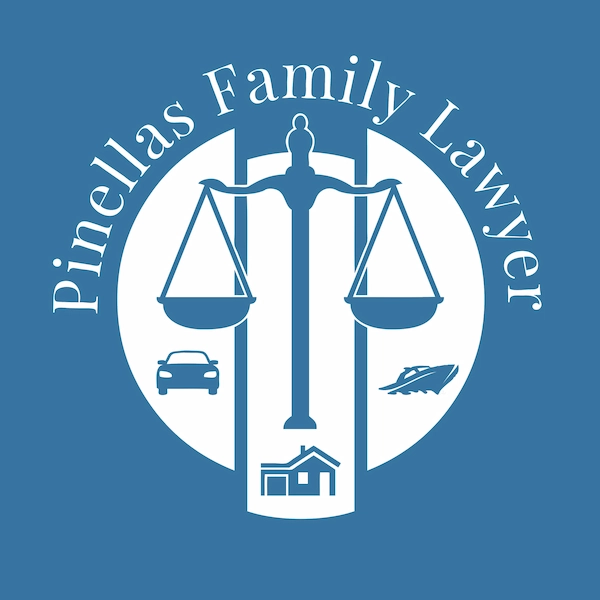I’m not ashamed to say I have never been one of those people who just never stops moving. (Sitting on the couch playing video games has probably taken up 1/4 of my waking life.) 2019 jump started my transition from couch potato to workaholic. I was being more productive, I had more energy, I just felt better all around…until I didn’t. At first, I just assumed the drastic changes associated with the new year would take me and my sleep patterns a few days to adjust. (I gave up TV and social media, limited alcohol to one or two drinks per week, and started my own practice in 2019.) I was partially right. My energy levels were on the rise and after a few days my desire to watch TV was minimal. I was getting more done in a day than I realized possible. However, after over 2 weeks of running on 3-5 hours of sleep each night, I finally made myself take a weekend off. It was a difficult thing to do and it was hard to relax without feeling like I needed to be doing something more productive. I found myself completely exhausted and even a bit delirious at times. That’s when I realized sleeplessness was a problem that I had to fix immediately.
I’m sure anyone in the legal community has noticed a lot of hype around wellness for attorneys ever since the ABA released The Path to Lawyer Well-Being: Practical Recommendations for Positive Change from the National Task Force on Lawyer Well-Being back in August of 2017. The task force itself was created just one year earlier in August 2016 and has obviously done a good job of getting information out there to help lawyers focus on not just being productive, but on keeping themselves healthy enough to stay productive. I wanted to share just one excerpt from this 71 page report. I’ve taken the liberty of bolding a few points that stood out for me.
“Lawyers must have downtime to recover from work-related stress. People who do not fully recover are at an increased risk over time for depressive symptoms, exhaustion, and burnout. By contrast, people who feel recovered report greater work engagement, job performance, willingness to help others at work, and ability to handle job demands. Recovery can occur during breaks during the workday, evenings, weekends, vacations, and even mircobreaks when transitioning between projects. And the quality of employees’ recovery influences their mood, motivation, and job performance.
Researchers have identified four strategies that are most effective for recovering from work demands: (1) psychological detachment (mentally switching off from work), (2) mastery experiences (challenges and learning experiences), (3) control (spending time off as we choose), and (4) relaxation. Falling into the second category is physical activity (exercise and sports), which may be an especially effective form of recovery for people performing mentally demanding work—like lawyers. This is so because low-effort activities (e.g., watching TV) may actually increase subjective feelings of fatigue. Quality sleep is critically important in the recovery process. Sleep deprivation has been linked to a multitude of health problems that decay the mind and body, including depression, cognitive impairment, decreased concentration, and burnout. Cognitive impairment associated with sleep-deprivation can be profound. For example, a study of over 5,000 people showed that too little sleep was associated with a decline over a five year-period in cognitive functioning, including reasoning, vocabulary, and global cognitive status. Research on short-term effects of sleep deprivation shows that people who average four hours of sleep per night for four or five days develop the same cognitive impairment as if they had been awake for 24 hours—which is the equivalent of being legally drunk. Given lawyers’ high risk for depression, it is worth noting evidence that sleep problems have the highest predictive value for who will develop clinical depression.”
I knew lack of sleep was not good for a person, but if this report didn’t make its point, my doctor would make sure he did. My doctor was slightly less tactful and basically told me if I didn’t find some way to sleep, I would either die or have a psychotic break. Those consequences seemed serious enough to do something about the problem, but what? I didn’t want to start down the road of taking sleeping pills. (Although, if recommended by your doctor, it’s a better alternative than death I guess.) I made the conscious decision to take the entire weekend off from work; no thinking about work, no doing work, no planning to do work; just a weekend of rest. And believe it or not that was enough. I woke up this morning feeling rejuvenated and ready to be productive again. Well, I’ve got to go get some rest. Happy Martin Luther King Jr. Day!
